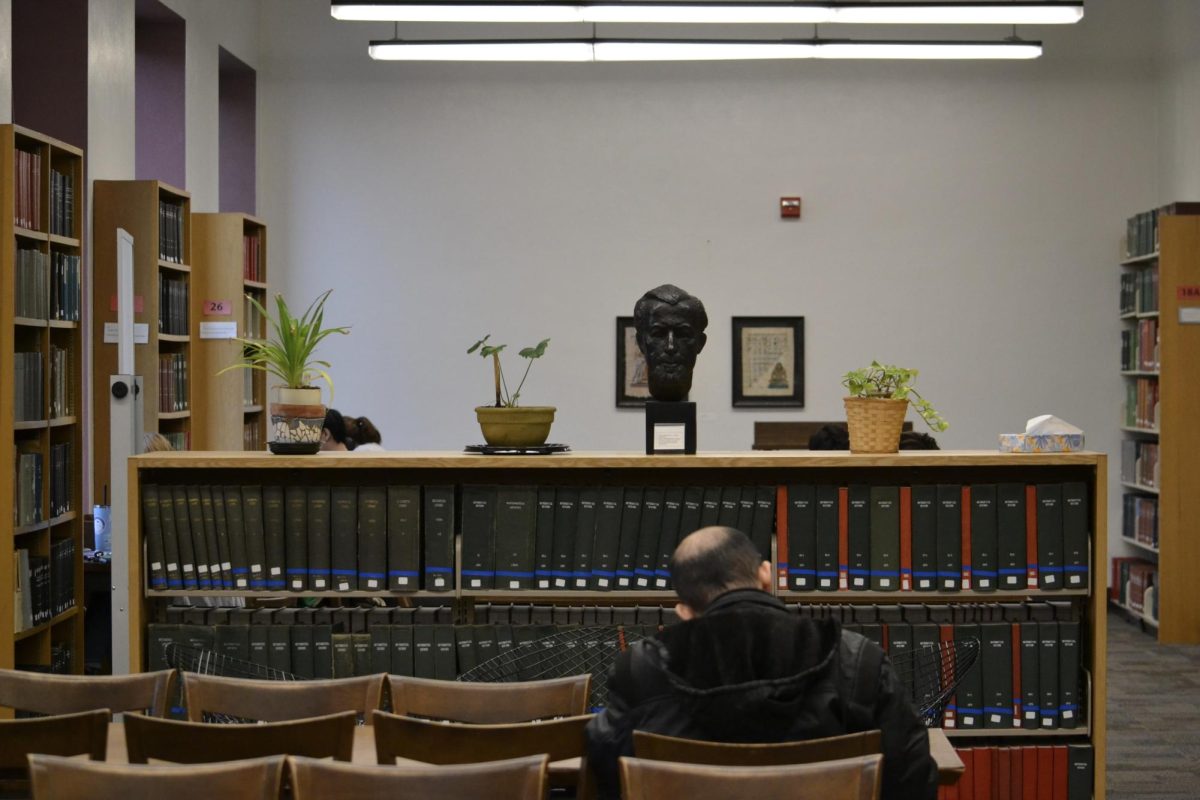The Daily’s March 29 article “Sexual Assault Statement Stalls” made it clear there is a misunderstanding about the issue of how the University addresses cases of sexual assault.
If a person is sexually assaulted on campus and the alleged perpetrator is a student, the victim has the option of making a report to Student Judicial Affairs. SJA is the University’s body that investigates and adjudicates complaints that students have violated the Student Conduct Code. The accused student always has the right to a hearing. If SJA finds the alleged perpetrator responsible for violating the Conduct Code, SJA can impose sanctions on that student – from asking them to write a paper to doing community service to being suspended or expelled. After such adjudication, the student against whom a complaint has been filed also has the right to appeal.
The original resolution in front of the joint meeting of the campus undergraduate and graduate student governments called for giving the option of filing a complaint with SJA to students who are assaulted off campus. Such a resolution does not deem someone guilty until proven innocent, nor does it lead to a slippery slope of invading students’ private lives.
A sexual assault significantly affects the life of the victim, including his or her academic life. The impact is profound and sometimes long lasting. Although students may be right to be concerned about the University’s interest in their private lives, there is simply no comparing the offense of a sexual assault to the offense of underage drinking or off-campus disagreements between roommates. Students should balance their concern for an infringement of privacy with concern for a current policy that is based arbitrarily on the location of the sexual assault; as if somehow being raped off campus has less of an impact on a student’s academic performance and is less likely to create a safety concern for other students than being raped on campus.
The issue of restraining orders is peripheral to this matter, but it somehow has become a major point of contention. The original resolution at the meeting was changed so that its main effect was calling for the University to enforce county restraining orders. The truth of the matter is that for the most part, the university already does this.
However, because the victim and the accused student often share a department, student group, class or residence hall, and because the county will not issue a restraining order that compels the alleged perpetrator to change classes, not participate in student activities or move (because they believe this is the University’s jurisdiction), the victim, if he or she was assaulted off campus, now has no recourse. The county says “it’s up to the University” and the University says “it’s not our business because it happened off campus.”
By changing the Student Conduct Code to include cases of sexual assault that occur off campus, the University can change its reply to “Yes, it’s our business. We will investigate and adjudicate just as we do for on-campus assaults, and maybe, just maybe, we will find the alleged perpetrator responsible and impose sanctions.”
I hope the Minnesota Student Association will reconsider this matter taking into account the above information. The Aurora Center assisted 121 people last year who were dealing with a sexual assault. This is no petty crime. Many universities across the country adjudicate off-campus sexual assault cases because of their significant impact on victims.
Changing the Conduct Code in this matter is not an infringement of rights but is actually the opposite – it is progress toward giving students the right to feel safe in their homes and on campus.
Roberta Gibbons is associate director of The Aurora Center. Please send comments to [email protected].














